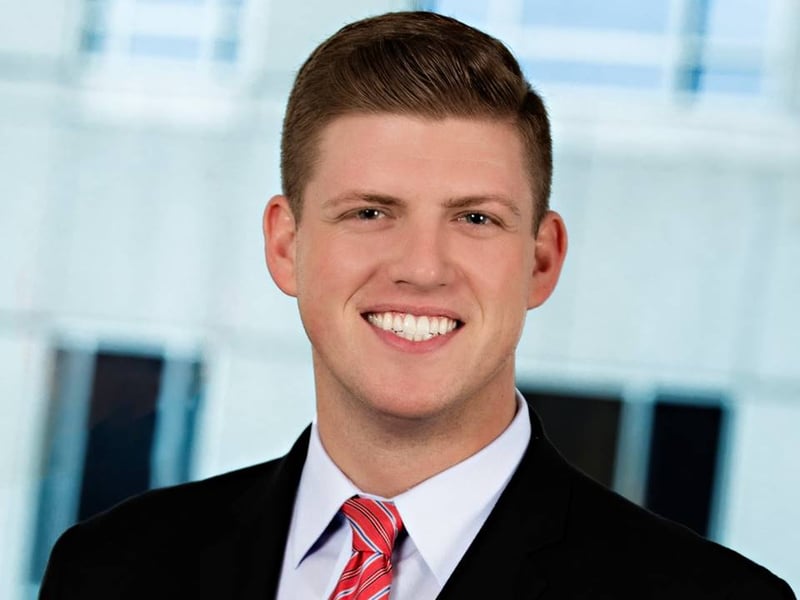He saw opportunity where others didn't

For Dane Pavlik, AVP and loan officer at First Foundation Bank, knowing product guidelines isn’t enough to be a great mortgage originator.
He’s seen other mortgage professionals who don’t know the background and intricacies of client approvals, so are unable to effectively communicate the reasoning behind those decisions to borrowers. The ‘why’ of the mortgage process has been integral to his business model since day one.
“When you can’t do a loan, why? When I first started, my manger, who’s been in the industry for 30+ years, engrained in me that I needed to know how to qualify, know the operations, understand what my funder does, what my processor does, what my underwriter’s looking at, and when my underwriter says there’s a character issue, I have to understand that. It’s not me getting mad that a client can’t qualify, it’s me knowing that something has happened to this client and me needing to know why. So it’s really understanding all processes that come into play, I think that’s huge,” Pavlik said.
First Foundation began as an asset management firm and incorporated banking into its operations in 2007. Pavlik moved to First Foundation in 2016, and working within the environment at First Foundation has meant working with the existing salespeople on both the banking side and the wealth management side as sources for his business, rather than doing much direct marketing. A lot of clients have been long-term clients of the company, so the focus is not only on fostering those relationships, but doing so in such a way that the client grows into a better client for the company.
Pavlik likes working with a potential client who is already a client of the bank or advisory firm because he gets a chance to demonstrate his skills to their existing community of influencers.
“Especially with lawyers, real estate agents, accountants, a lot of people are fighting for their business, but when you get to actually show them firsthand that you can close a loan fast, you can close X type of loan, or you can [move in] different directions, it’s really good to grow your business with them,” he said.
He also likes to search for new clients internally because he says there’s a better chance of success.
“If someone’s already a client of a company, you have a much better chance with a warm handoff than with a cold call, and that’s huge for me,” Pavlik said.
His clients are mostly heavy real estate investors and people who are focused on wealth management. Over the years, he’s noticed that when it comes to real estate investor clients, they all have friends that are real estate investors, and those relationships translate to move business.
As long as he can woo one of those investors, his foot is in the door, and wooing investors is something that Pavlik has become quite skilled at doing over the past two years. It is a large reason why he plowed through to his personal best volume of $122 million in 2018.
“If I only focused on the owner-occupied side, the primary residence and second homes, I don’t think that it would have been as beneficial of a year for me. I do a lot in the non-owner occupied world, and that’s really what saved me.”
Knowing where he can focus his efforts means that he can team up with colleagues to fill any gaps in their own businesses. If another team member is going to a real estate investing conference, for example, he’ll tag along; he knows that if he can find someone that does a six-unit building and they own 50 multi-family properties, there’s a high likelihood of them having a couple of single family properties or 1-4s that he can get. Pavlik says that the larger, multi-family clients or commercial clients have a great direct line to someone for their main lending needs, but they get lost when it gets down to the 1-4. He can piggyback on existing relationships to get to those clients and then collectively strategize when it comes to targeting and marketing.
“You can only do so many primary purchases or refinances for a client, so really it was looking at the extra niche [for] our clients of how can I benefit them and how can I make them a better client of the company.”
There are still a lot of ups and downs for clients, and amidst any sort of uncertainty, building stronger bonds and being available to everyone, providing them with that “warm and fuzzy” feeling and making them feel special is the stuff that gets any originator through.
At first, Pavlik said, that level of customer service was a challenge, especially as he doesn’t have a loan assistant. But eventually, he said, he had fun with it.
“It’s a good time. Every time you get in an application, it makes you feel good.”



